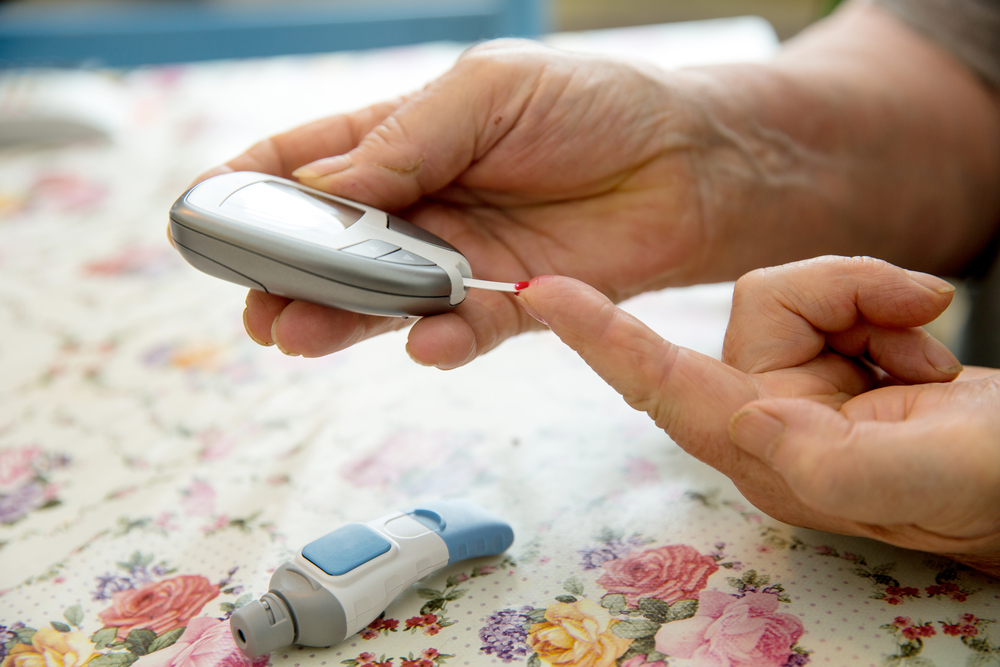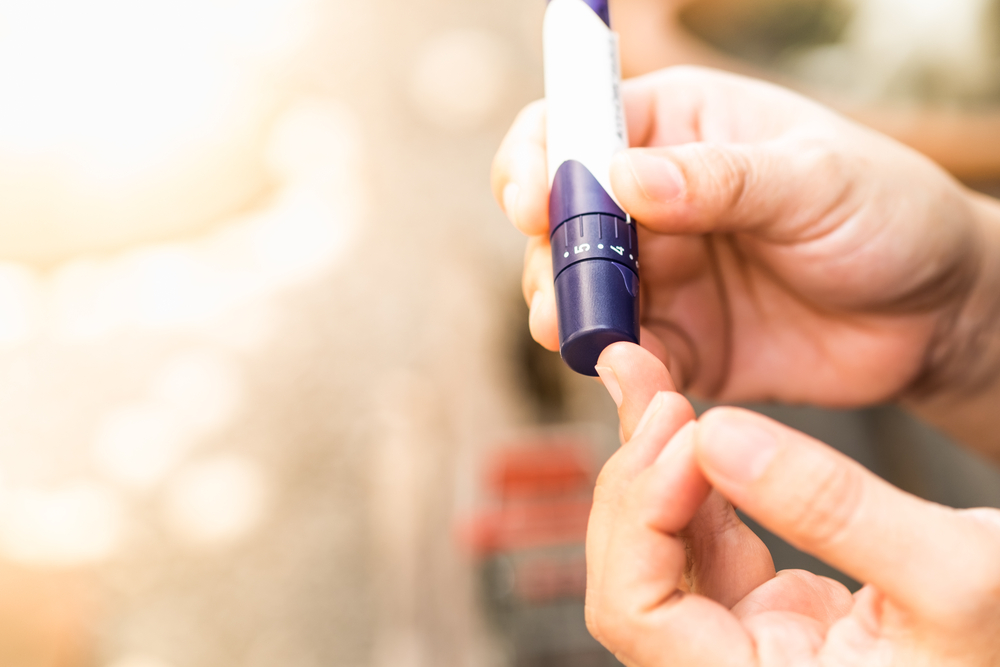The first line of management for diabetes management is healthy eating and regular physical activity. Medications for diabetes treatment such as Glizid 80 mg are considered as the second-line treatment when diet and exercise fail to achieve adequate control.
Managing type 2 diabetes can help you achieve better health and well-being. But are you taking the right step? People with diabetes are more likely to get heart disease and are associated with a higher risk of developing mental disorders such as depression. But fortunately, most cases of type 2 diabetes are preventable with healthy eating and regular exercise. In some cases, the metabolic condition can even be reversed. Taking precautions to control diabetes doesn’t mean to restrict yourself completely, it just means eating a tasty, balanced diet, that helps to boost energy and enhance your mood. Whether you are an average healthy person or are trying to control diabetes, your nutritional requirements are the same as everyone else, so there are no special requirements. But a patient with diabetes needs to pay attention to their food choices, mainly the number of carbohydrates you consume. When following a heart-healthy diet, the most important thing one needs to keep in mind is to lose weight. Losing just 5% of weight from your total weight can cause a significant reduction in blood sugar, blood pressure, and cholesterol levels. Studies show that losing weight and eating earlier can have a positive effect on mood, energy, as well as overall wellbeing. Even if you developed diabetes, it is not too late to make some positive changes in your lifestyle and control your condition. By making healthy food choices, being more physically active and losing weight, you can control the symptoms and even reverse the condition. Many tools can help you control type 2 diabetes, but healthy eating can help control and reverse diabetes. These simple tips can help to manage blood sugar levels if you stick to the set of do’s and don’ts of a diabetes treatment diet.
- Starch– Many people who have diabetes or following a diabetes treatment avoid starch because it gets transferred into glucose, which causes a spike in blood sugar levels, but a daily dose of carbohydrate is required to meet the needs of the body.
a) Do’s– Add more foods like whole-wheat bread, oats, and brown rice. Whole-grain starches are packed with vitamins, minerals, and fibre. Whole grains food items are less likely to cause a rapid increase in your blood sugar.
b) Don’t– Avoid refined or white versions of any food whole-grain foods and Indian sweets like rasgullas, halwas, and laddoos as they will cause a rapid spike in blood glucose levels.
2. Vegetables- Vegetables are a great source of fibre and contain a minimal amount of salt and fat. You can add some taste to your veggies by roasting them with a sprinkle of vegetable oil and some salt to enhance the taste. Choose steamed vegetables instead of deep-fried ones.
a) Do- Load your serving plate with a lot of green beans, broccoli, sweet potato, cucumbers, cauliflower, and spinach. These vegetables are a great source of nutrients and are extremely low in carbohydrates.
b) Don’t- Avoid eating fried vegetables with extra fat and calories.
3. Fruits- Fruits are loaded with carbohydrates, vitamins, minerals, and fibre.
a) Do- You can have small servings of apples, oranges, bananas, and other fruits. You can make a quick dessert by layering up your favourite fruits served with some low-fat curd to it.
b) Don’t- Do not increase the serving size when it comes to eating fruits. Avoid canned fruits, juices and fruits packed in tin cases as they are loaded with sugar.
4. Dairy Products- Milk and milk products are a controversial topic for diabetes as they are loaded with saturated fats and extra calories that increase the levels of bad cholesterol.
a) Do- If you wish to have unflavoured milk or low- fat curd, milk or paneer They will give your calcium, vitamins, minerals, calcium, and minerals with every serving.
b) Don’t- Stay away from full-fat dairy products, note that diabetes increases your risk of heart disease and the extra fat in your diet supports the plaque build-up.
5. Fats and Oils- It is important to eliminate fats and oils from the diet, but this doesn’t mean you completely avoid them altogether.
a) Do- Go with natural vegetable fats and oils such as olive oil mustard oil, and sesame oil. Fatty fish such as mackerel and tuna are excellent sources of omega 3 fatty acids which improve heart health.
b) Don’t- Stay away from saturating and fats that come from animal products and plant oils.
Diabetes is a severe condition and controlling blood sugar levels with a healthy diet and lifestyle is essential to manage it. Take medications for diabetes treatment under the supervision of a doctor.




